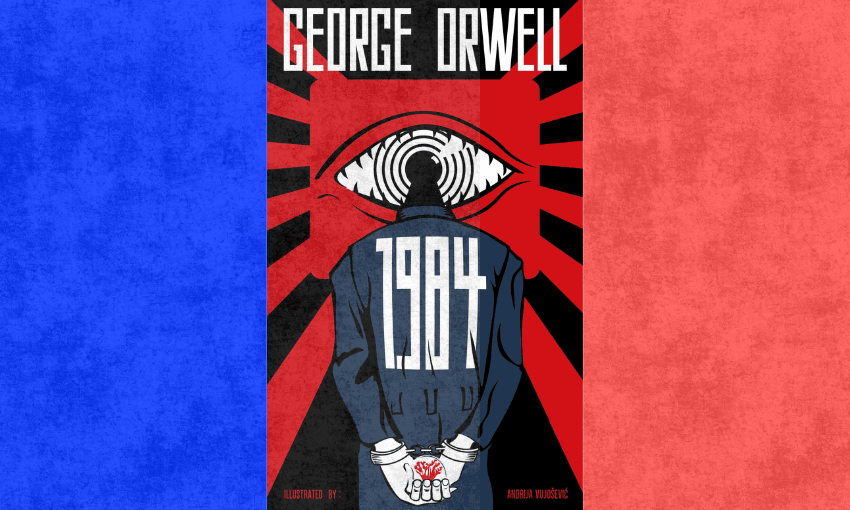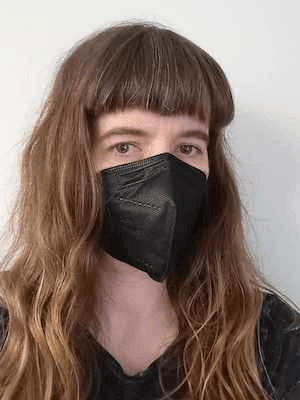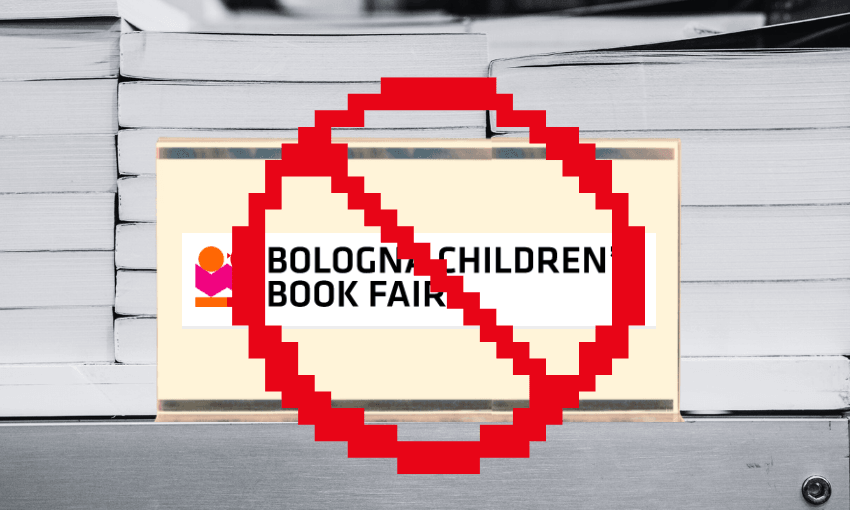Anne Campbell makes a case for actually reading George Orwell’s 1984 to dissect its positions and see how they can be adopted by the left and right, both wrongly and rightly.
Content warning: this article makes reference to rape and rape fantasy. Please take care.
In a 2013 survey, 1984 by George Orwell was the number one book British people lied about having read. It is regularly listed in various “most influential books” lists, alongside the Bible or Darwin’s The Origin of Species. The English language has adopted its neologisms — “Big Brother”, “doublethink”, “2+2=5”. Perhaps most crucially, 1984 made the term “Orwellian” synonymous with critiques of surveillance and disinformation, commonly invoked by people talking about unmasking tyrants and speaking truth to power.
While that seems like a nominally left-wing sentiment, it exists right across the political spectrum. Conspiracy theorists, transphobes, and free speech warriors often rail about how getting people’s pronouns right is like “Newspeak”; that vaccines are an Orwellian overreach; that de-platforming a right-wing speaker is a totalitarian move worthy of Big Brother.
Progressives who like Orwell as a cultural figure often respond that the right has misread 1984. But instead of using evidence from the book, they often point to Orwell’s character; his time fighting fascists in the Spanish Civil War, the fact that his major works targeted totalitarianism and repressive regimes, (selective) statements he made about socialism. This approach keeps us locked in a continual fight for who gets to say “My best friend George Orwell wouldn’t approve of this!”
Our readings of 1984 are shaped by a culture that treats Orwell as a somehow-universal arbiter of truth and decency. This creates a reluctance to cede any intellectual ground: if we criticise 1984, are we abandoning its use in critiquing totalitarianism? But once a work of art is out in the world, no one person or political tendency has control over how others interpret it.
I’m sure that plenty of right-wingers haven’t actually read 1984 — but there are, after all, reasons why they keep invoking this specific book and its themes. What do they see in 1984? What parts of themselves are, in fact, reflected back?
I first read 1984 when I was 19. The day after I finished, I got on the bus which had screens and security cameras installed for the first time: the screens read, “Have a safe journey with us”. The book stunned me for a couple of days; I had never read anything like it. Orwell’s prose felt so clear and right; like water, albeit with a miserable metallic aftertaste. His conclusions about totalitarian society felt so true and damning, so applicable to my surroundings.
Orwell famously wrote that “Good prose is like a windowpane,” i.e. transparent and unclouded by metaphors or jargon. But it’s worth reading Daphne Patai’s comprehensive critique of his works which shows how Orwell’s prose frequently coerces the reader into adopting his opinions. He uses an everyman point of view with stand-ins such as “everyone”, “sensitive people”, “intelligent people”; and phrases like “Everyone … knows that the rank-and-file Fascist is often quite a well-meaning person”. Orwell alternately takes a brave outsider stance: “Few people have the guts to say outright that art and propaganda are the same thing.”
Perhaps Orwell’s prose represents less truth than truthiness: when something feels right at a gut level, regardless of the facts or context. In 1984, power is pursued entirely for its own sake; an interesting idea, but one that makes it easy for any reader to project Big Brother’s cruelties onto their villains of choice. The emotions we get from reading 1984 may feel like an explosion of courage and defiance against a powerful world order — but without specific targets, these emotions can easily be commodified and turned against minorities.
I didn’t return to 1984 for years because it felt uniquely miserable to read. When I reread it in my early 30s, I was startled by the virulent misogyny unfolding from the page. At age 19, I was already years into feminist life; how had I not noticed this stuff in 1984? Read, for example, this passage of Winston’s fantasies about raping and murdering Julia:
“Vivid, beautiful hallucinations flashed through his mind. He would flog her to death with a rubber truncheon. He would tie her naked to a stake and shoot her full of arrows like Saint Sebastian. He would ravish her and cut her throat at the moment of climax. Better than before, moreover, he realized WHY it was that he hated her. He hated her because she was young and pretty and sexless, because he wanted to go to bed with her and would never do so, because round her sweet supple waist, which seemed to ask you to encircle it with your arm, there was only the odious scarlet sash, aggressive symbol of chastity.”
We hear that Winston “disliked nearly all women” because they were, supposedly, “the most bigoted adherents of the Party”. When Julia isn’t interested in discussing politics, he tells her “You’re only a rebel from the waist downwards.” 1984 no more manages to respect the “proles” (the working classes), who it describes as “animalistic”, “primitive”, “mindless”. As Patai points out, Winston’s real romance — involving admiration, seduction, longing for intimacy, and the emotional-intellectual core of the novel — is with O’Brien, not Julia. Winston and O’Brien’s power struggle, Patai argues, is a game they’re playing to experience intimacy with each other. Just as Lord of the Flies is, in fact, about upperclass British schoolboys, 1984 is about upperclass men.
When we capitulate to 1984 as a description of human nature, Winston’s hatred of women can easily be rationalised away. As the protagonist, he’s not a real misogynist; he’s just been warped by the system. For misogynists on the right, the system is women, trans people and foreigners. For their leftist counterparts, it’s the crushing weight of capitalism that disempowers men in daily life. Both groups of misogynists hate when feminists and queers oppose intimate violence, marriage-style relationships and the nuclear family: we threaten all men’s right to become overlords of their own tiny fiefdoms.
In 1984, the family has, we understand, been corrupted. Children serve as spies for the Party: one child character reports her father, Parsons, to the Thought Police. Winston wistfully harks back to times when “members of a family stood by one another without needing to know the reason”. He later thinks about how the Party has warped parenthood, noting that “the family could not actually be abolished” but was instead distorted into pitting children against parents.
In real life, however, power struggles and distrust within the family are closer to norms than exceptions. As an institution, the family is a primary site of abuse, rape, murder, control and authoritarianism — stereotypically headed by a patriarch. It’s also a training ground for hunting down antagonists to be subdued (women and/or children), destructive agents from within (queer and trans people, disabled people), and poisonous outsiders (people of colour, sex workers). Religious conservatives and fascists routinely wax lyrical about protecting the family, while in the 1930s and 40s, Stalinism — 1984’s supposed bête noire — criminalised abortion, made divorce difficult and expensive, and gave mothers bonuses for high birth rates. For anyone seeking totalitarian power, the family is a core institution, not a barrier.
Part of 1984’s appeal as a novel is its uncompromising anguish: its appearance of a thorough examination of totalitarianism that lays bare the entire, inescapable structure. Depression has a habit of posing as the truth, and conservatism represents intellectualised depression – the world sucks, and there’s no point struggling for anything better. But wherever power exists, so does resistance. Julia’s resistance to the Party may have been temporary or small-scale, but that doesn’t make it futile or meaningless, any more than a breakup means the entire relationship was a failure. The fact that even Parsons — a “completely unquestioning, devoted drudge ”— committed “Thoughtcrime” means that the human spirit is not as destructible as the book’s conclusion believes.
Every day, people escape and even overturn the totalitarian systems that haunted Orwell’s literature. And just like queer, trans, disabled and Palestinian people, these people never fully disappear.
The crank side of Orwell’s personality — railing against feminists, vegetarians, sandal-wearers — usually gets treated as a funny, slightly inexplicable quirk. But if you look at the rest of Orwell’s work and life, it represents a consistent strain of reactionary thought. 1984’s intimate conservatism is the architect of the book’s despair. If solidarity cannot be developed between men and women, adults and children, or Party members and the working classes, then of course the only satisfying intimacy possible is a master-slave dynamic with O’Brien.
Orwell’s literature and personal statements make me certain that, were he alive in the age of Twitter, he’d be posting about woke neo-pronouns as an opiate of the working classes (white cis men). After all, in his opinion: “A generation ago every intelligent person was in some sense a revolutionary; nowadays it would be nearer the mark to say that every intelligent person is a reactionary.”
Right-wingers may well find meaning in 1984; we can’t help that. But instead of whitewashing the book or its author, we can look more to books that make them decidedly uncomfortable. Most right wingers would look at worldbuilding in novels like The Dispossessed or Manhunt — an anarchist critique of capitalism and anarchism, and a transfeminist critique of transmisogyny and cis women, respectively — and dimly condemn them as woke nonsense, having nothing to say about their more openly-specified critiques of power.
We can still claim 1984 as a novel for liberation movements too — there are other reasons within the text to treat it as a staple of progressive literature. But at the least, we should reread the book before hiding under it as a leftist security blanket.






